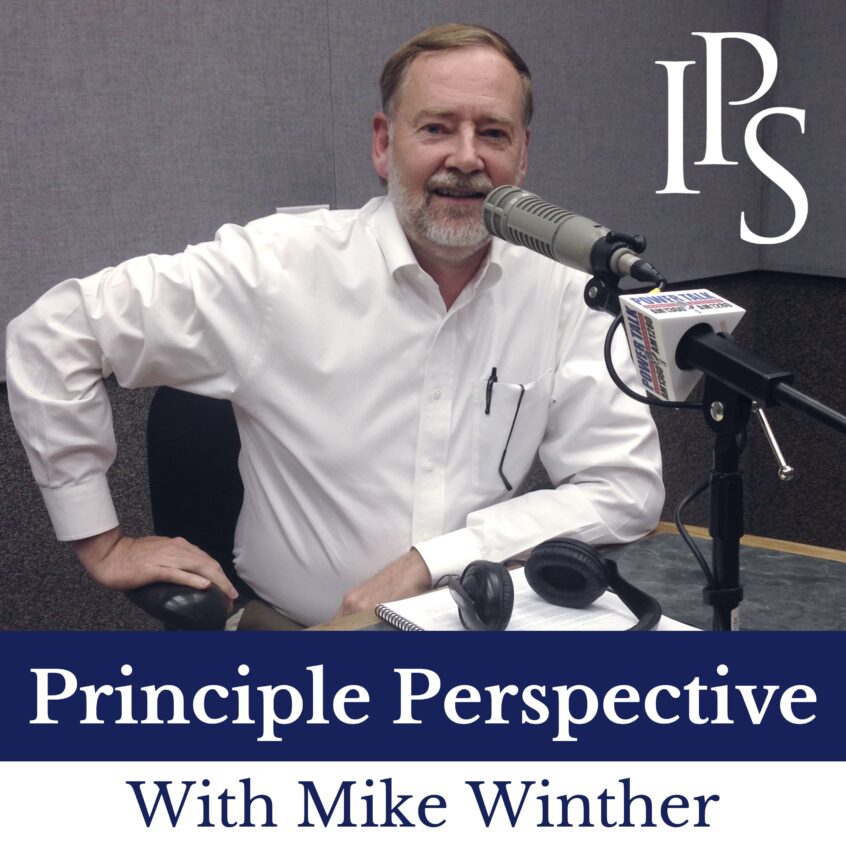LISTEN NOW
Last week, Mike Winther discussed the biblical view of property, the definition of property, and the question of whether private property should even exist. Throughout this series of lectures, he has been using the example of an island to illustrate each concept.
Today, we return to the island to vote on redistributing money from the island’s wealthy family to its poorer counterpart. In essence, our island has adopted a somewhat socialist approach, redistributing wealth from the rich to the poor. This change necessitates the introduction of an IRS agent and a social worker, leading to decreased production. Winther continues by demonstrating the impact of varying governmental forms on the real economy.
We explore concepts such as distributional and motivational loss. Mike dives into discussions on charity, the socialist model, and biblical principles aimed at preventing the vicious cycle of loss. He also outlines the reasons socialism is considered flawed, both biblically and in practical terms. Eventually, he comes back to the importance of property rights.
You’ll Learn:
- [00:43] One family on the island is highly productive. They are rich. There’s also a poor family who isn’t as productive.
- [01:40] Our system then becomes socialist where we take from the rich and give to the poor.
- [02:35] We then have to audit the productivity of every family on the island.
- [03:27] One person is in charge of redistributing wealth.
- [04:45] Removing one family to be the redistributors of wealth creates less for everyone, because that family isn’t productive anymore.
- [07:59] 40% of Americans are employed redistributing wealth.
- [08:37] Socialist economies have motivational loss and distribution loss.
- [11:31] The Socialist model for taking care of the poor reduces economic capacity.
- [12:10] We need to understand why there is poverty.
- [14:24] Socialism violates property rights.
- [15:07] Three of The Ten Commandments actually assume a positive role of private property.
- [23:14] Mike discusses a Biblical example of voluntary gifts of wealth.
- [23:57] The free market is voluntary. Karl Marx and socialism are mandatory.
- [24:09] Reasons why socialism is wrong: 1. It violates property rights. 2. Requires the government to operate outside its bounds. 3. There’s no God in the system.
- [27:29] Why are people poor? They’re poor because of poor governmental systems and the economy’s created by those systems.
- [28:14] How to create poverty. Have a government that makes it hard to accumulate tools or excess production. Without property rights and holding title, improvements can lead to confiscation.
- [30:03] Mike talks about the dangers of inflating the money supply.
- [31:08] Contracts need to be enforced in order to grow wealth.
- [32:00] We are poor with socialist governments. We are poor with no property rights.
- [32:40] Our founding fathers said the most important right was the right to property.
- [36:56] Governmental regulations can sometimes be used to pass the buck.
- [37:50] Having the government solve every problem is the definition of statism.
- [38:44] A Laissez-faire economy is a leave us alone economy or free market.
- [44:16] How a market economy is able to actually create goods. The term is called the invisible hand or the hand of God.
Your Resources:
- Books to browse
- Biblical Principles of Government (1a)
- Biblical Principles of Government (1b)
- Biblical Principles of Government (2a)
- Biblical Principles of Government (2b)
- Biblical Principles of Government (3a)
- Biblical Principles of Government (3b)
- Biblical Principles of Government (4a)
- Biblical Principles of Government (4b)
- Biblical Principles of Government (5a)
- I Pencil

